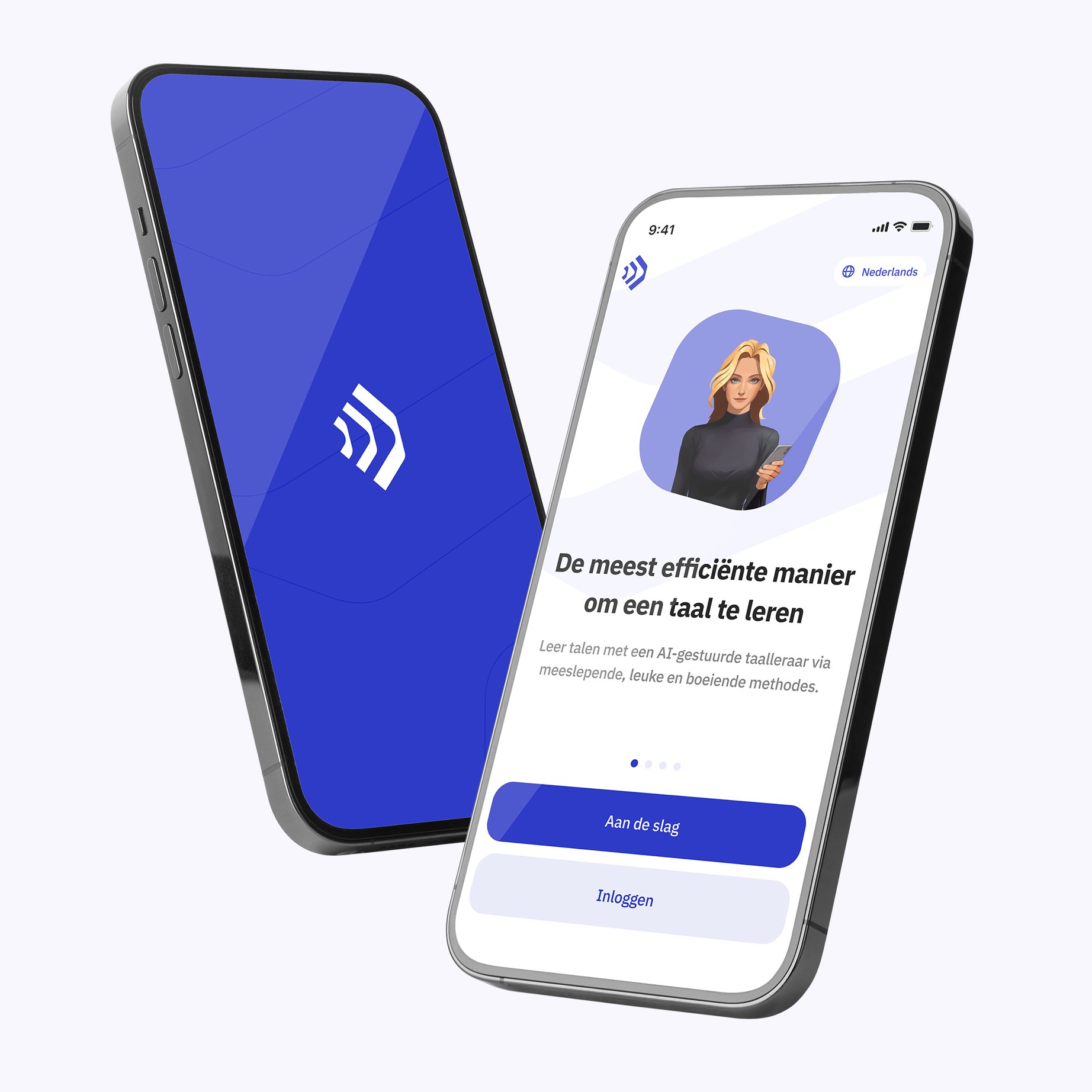In deze oefeningen worden studenten uitgedaagd om hun kennis van Phrasal Verbs te toetsen door de ontbrekende woorden in te vullen. Elke zin bevat een werkwoordelijke uitdrukking die essentieel is voor het begrijpen van de zin. Er is slechts één juist antwoord mogelijk, dus lees elke zin zorgvuldig door voordat u het gat invult. Veel succes met het versterken van uw vaardigheid in het gebruik van Engelse Phrasal Verbs!
Oefening 1: Vul de ontbrekende Phrasal Verbs in
I can’t hear you, could you *speak up* (louder) a little bit?
I’ve decided to *give up* (quit) smoking starting from next week.
It’s late, we should *head back* (return) home now.
She *came across* (found) an old diary in her attic.
Could you please *look after* (take care of) my cat while I’m on holiday?
I’m not feeling well, I think I’m *coming down* (getting) with a cold.
He needs to *sort out* (organize) his financial issues soon.
Make sure all devices are *switched off* (turned off) before leaving the room.
I was so tired that I *dozed off* (fell asleep) during the movie.
I can’t *figure out* (understand) how to solve this math problem.
She’s really good at *picking up* (learning) new languages quickly.
Let’s *run through* (review) the presentation one more time before the meeting.
They had to *cut short* (shorten) their holiday because of a family emergency.
Don’t *throw away* (discard) those boxes; we can use them for storage.
I need to *charge up* (fuel) my phone; the battery is almost dead.
Oefening 2: Kies het juiste Phrasal Verb
After the concert, we’ll need to *calm down* (relax) a bit before going home.
I was surprised how well my brother *took to* (adapted) living in the countryside.
You should *throw out* (dispose of) any expired medication you find.
If you don’t understand the word, you should *look it up* (search) in a dictionary.
I’ll *drop by* (visit) your place later to pick up the book.
The project was difficult, but we *pulled through* (succeeded) in the end.
She’s *getting over* (recovering) an illness, so she might miss another week of work.
Please *hold on* (wait) for a moment; I’ll transfer your call.
They *put off* (postponed) the meeting until next Friday.
It’s difficult for me to *wake up* (stop sleeping) early in the morning.
My cousin often *comes by* (visits) unannounced, but it’s always a pleasant surprise.
We were walking when it started to rain, so we *sheltered in* (took cover) a nearby cafe.
The company will need to *cut back* (reduce) on expenses to avoid bankruptcy.
Every time we discuss this topic, he *brings up* (mentions) his personal experience.
I was nervous, but my friends helped me to *loosen up* (relax) before my performance.










